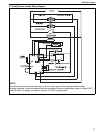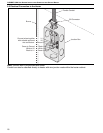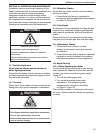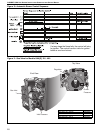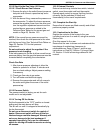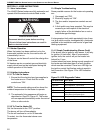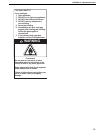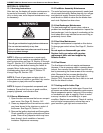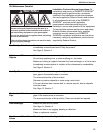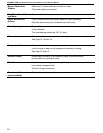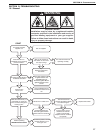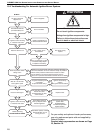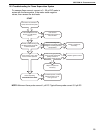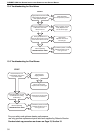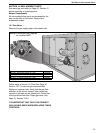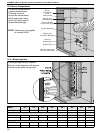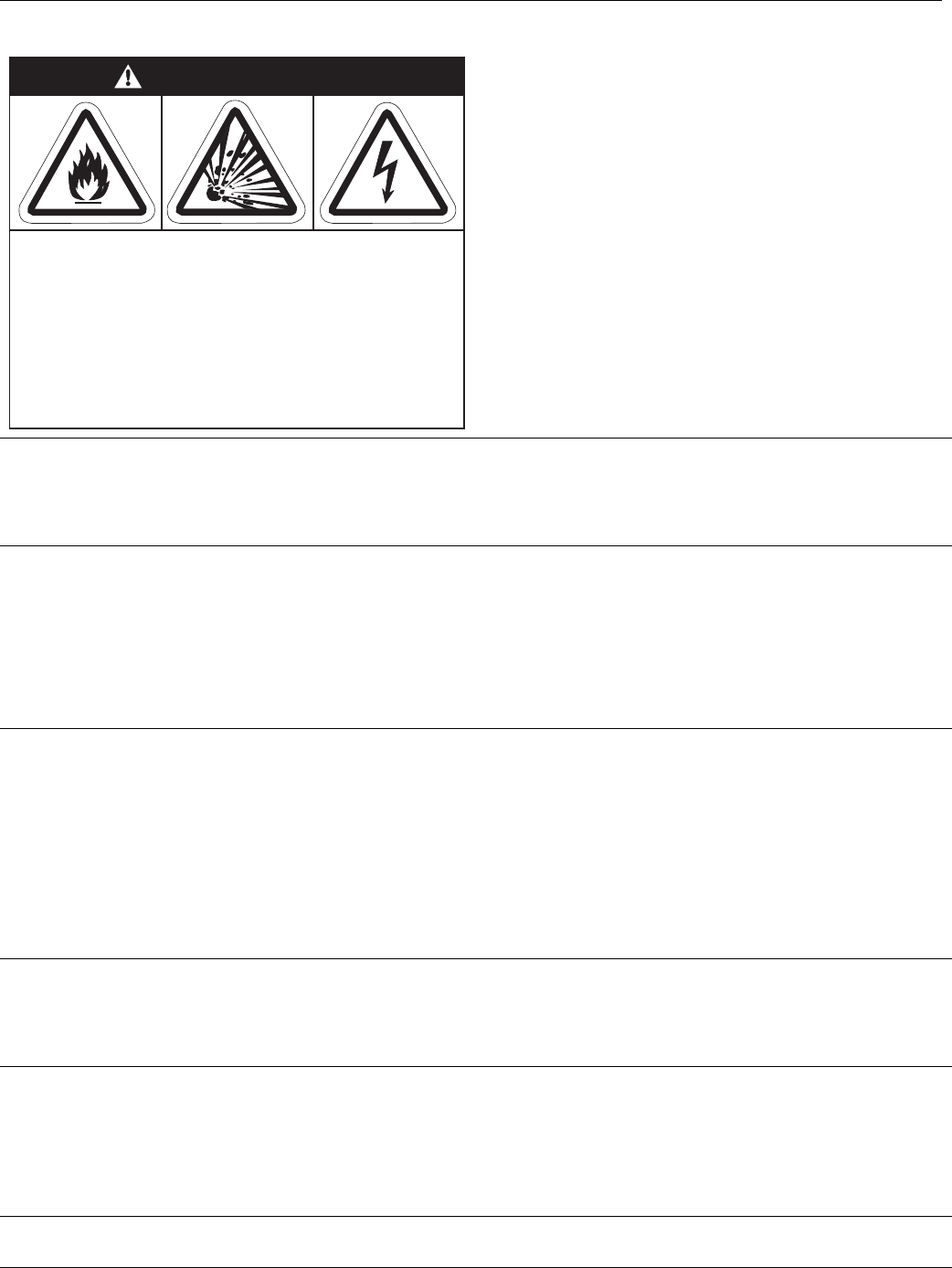
SECTION 12: SERVICING
25
12.8 Maintenance Checklist
Installation Code and Annual Inspections: All
installations and service of ROBERTS GORDON
®
equipment must be performed by a contractor
qualified in the installation and service equipment
sold and supplied by Roberts-Gordon and conform
to all requirements set forth in the ROBERTS
GORDON
®
manuals and all applicable
governmental authorities pertaining to the
installation, service and operation of the equipment.
To help facilitate optimum performance and safety,
Roberts-Gordon recommends that a qualified
contractor annually inspect your ROBERTS
GORDON
®
equipment and perform service where
necessary, using only replacement parts sold and
supplied by Roberts-Gordon.
WARNING
Explosion Hazard
Service and annual inspection must be done by a
contractor qualified in the installation and service of
gas-fired heating equipment or your gas supplier.
Turn off gas and electrical supplies before performing
service or maintenance.
Failure to follow these instructions can result in death,
injury or property damage.
The Vicinity of the Heater Do not store or use flammable objects, liquids or vapors near the heater.
Immediately remove these items if they are present.
See Page 3, Section 3.
Vehicles and Other
Objects
Maintain the clearances to combustibles.
Do not hang anything from, or place anything on, the heater.
Make sure nothing is lodged in between the heat exchanger or in the louvers.
Immediately remove objects in violation of the clearances to combustibles.
See Page 3, Section 3.
Vent Pipe/Terminals Venting must be intact. Using a flashlight, look for obstructions, cracks on the
pipe, gaps in the sealed areas or corrosion.
The area must be free of dirt and dust.
Remove any carbon deposits or scale using a wire brush.
If the vent terminal has a screen built in, remove any dirt, dust or deposits
from the screen.
See Page 13, Section 7.
Combustion Air Intake
Pipe
Intake pipe and inlet must be intact. Look for obstructions, cracks on the pipe,
gaps in the sealed areas or corrosion.
The area must be free of dirt and dust. Clean and reinstall as required.
Heat Exchanger Make sure there are no cracks.
See Page 14, Section 8.
Make sure there is no sagging, bending or distortion.
Clean or replace as required.
Gas Line and Shut-off
Valves
Check for gas leaks. See Page 14, Section 8.



